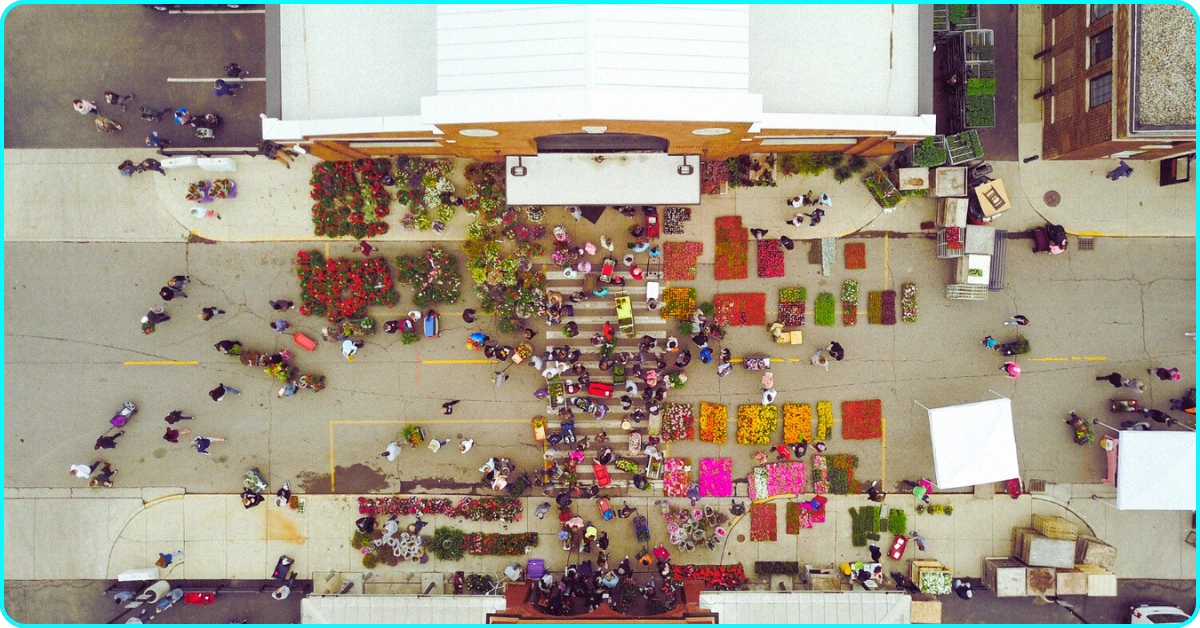Dreaming of wearing the Irish Garda uniform and serving your community? You’re not alone! Many people wonder how to become a Guard in Ireland, but the process isn’t as simple as filling out an application. From meeting the educational requirements to passing the Garda recruitment stages, there’s a lot to consider.
I’ve been through the research, and trust me, knowing what to expect can make all the difference. Whether you’re aiming for An Garda Síochána or exploring security guard roles, this guide breaks it down step by step. Let’s dive in!
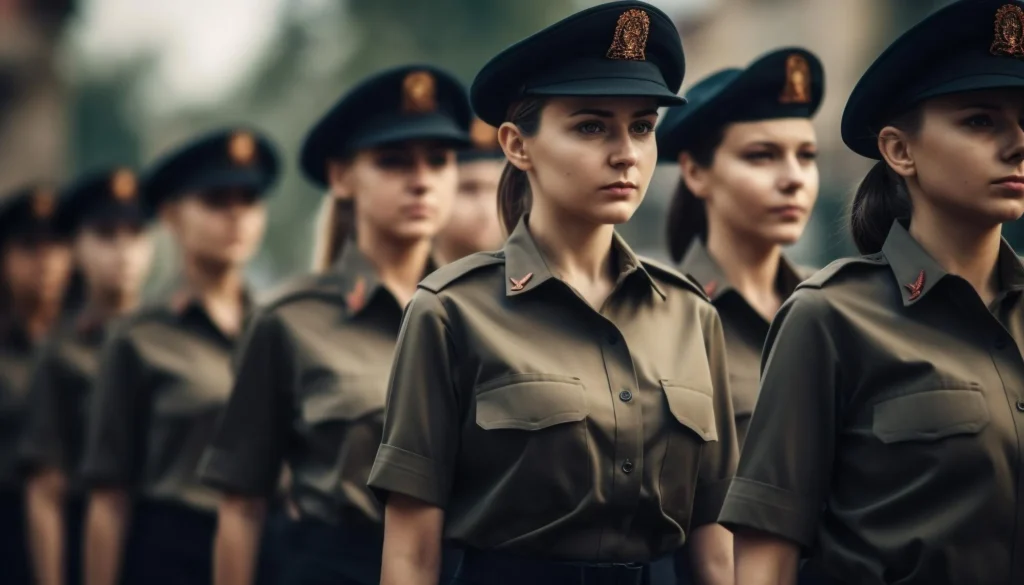
How to Become a Garda in Ireland
Ever thought about becoming a Garda? It’s a job full of challenges, but also rewards. You don’t just wear a uniform you serve, protect, and make a real impact. The process isn’t easy, but knowing what to expect helps. Let’s break it down step by step!
Garda Recruitment Process (2024/25 Update)
So, how do you actually apply? The Garda recruitment process involves several steps, and trust me, skipping even one can set you back.
- Application Stage – Submit your application online via the Public Appointments Service (PAS). Keep an eye on official Garda websites for announcements, as applications aren’t open all year round.
- Aptitude Test – This tests your problem-solving, logical reasoning, and language skills. It’s competitive, so preparation is key.
- Interview Stage – If you pass the aptitude test, you’ll face an interview panel. Expect questions on your motivation, ethical reasoning, and situational judgment.
- Physical Fitness Test – More on this below, but be prepared to show stamina, agility, and overall fitness.
- Medical & Background Checks – A thorough vetting process ensures you meet the legal and medical requirements.
- Training at Templemore – If you pass all stages, congratulations! You’ll head to Templemore Garda College for training.
Where to Apply: Applications open on www.publicjobs.ie, so bookmark that site and set alerts!
Want to learn more? Visit the official Garda recruitment page for detailed guidelines.
What Qualifications Do I Need to Be a Guard in Ireland?
Before you rush to apply, let’s talk about the essential requirements.
- Education: You need a Leaving Certificate (or equivalent) with at least a Grade D in five subjects. If you’re coming from outside Ireland, ensure your qualifications are officially recognized.
- Nationality: Irish, EU, EEA, Swiss, or UK citizens can apply. Non-EEA applicants need legal residency and work authorization.
- Language Skills: Proficiency in English is a must, and knowledge of Irish is a bonus (but not mandatory).
What Are the Physical Requirements?
Fitness is a major part of Garda recruitment. You don’t need to be an elite athlete, but you do need to meet these standards:
- Minimum height requirement: Previously, a minimum height was required, but it’s no longer a deal-breaker.
- BMI Standards: A healthy BMI is expected, but don’t stress too much overall fitness matters more.
- Fitness Test: Includes push-ups, sit-ups, and a bleep test (running back and forth within set time intervals). Tip: Start training early so you’re not caught off guard!
Garda Training: How Long Does It Take?
Once you pass the recruitment process, your next stop is Templemore Garda College. The training process includes:
- Initial Training (34 weeks): A mix of classroom learning and physical training at Templemore.
- Probationary Training (80 weeks): On-the-job training while stationed at different locations.
- Modules Covered: Law enforcement, human rights, conflict resolution, and emergency response skills.
Garda Ranks and Pay: How Much Does a Garda Make in Ireland?
Salary is always a big question! Here’s what you can expect:
- Starting Salary: Around €34,000 per year.
- Salary with Experience: With promotions and years of service, earnings can exceed €60,000.
- Additional Benefits: Shift allowances, overtime pay, and pension plans add extra value.
If you have a degree, it won’t necessarily increase your salary immediately, but it could open doors for promotions faster.
Garda Age Limit & Other Requirements
Extra Skills: Language proficiency, community service experience, or first aid training can boost your chances.
Age Limits: You must be between 18 and 35 years old when applying.
Medical Exam: You need to pass a thorough medical assessment to ensure you’re fit for duty.
Background Checks: A clean criminal record is essential, as integrity is a core Garda value.
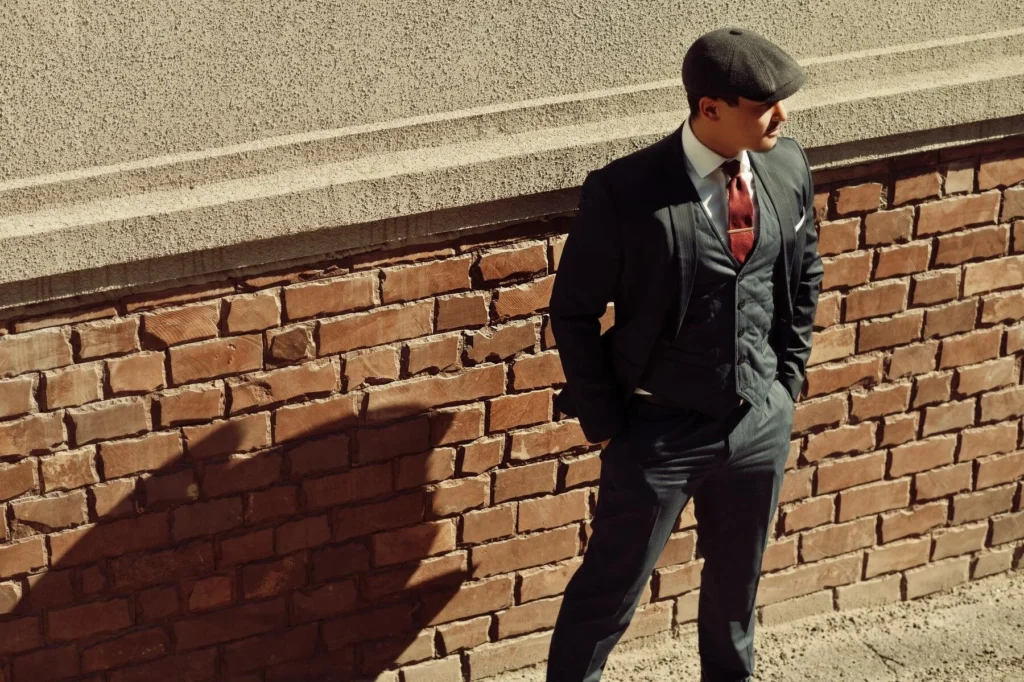
How to Become a Guard in Ireland
Ever thought about working as a security guard in Ireland? It’s a great way to start a career in security. The process is simple if you know what to do. From training to getting your PSA license, I’ll guide you step by step. Let’s dive in!
Security Guard vs. Garda – Key Differences
At first glance, a security guard and a Garda might seem similar they both wear uniforms and help maintain order. But their roles, authority, and career paths are quite different.
- Authority & Legal Powers: A Garda is a fully trained law enforcement officer with the power to arrest people and enforce Irish law. A security guard, on the other hand, helps prevent crime but doesn’t have the same legal authority.
- Duties & Responsibilities: Security guards typically work in shops, offices, events, and private properties, ensuring safety and deterring theft or disturbances. Gardai handle criminal investigations, traffic control, public safety, and emergency response.
- Career Progression: Gardaí have ranks and promotional opportunities, while security guards can move into supervisory roles, risk assessment, or specialized security fields like cybersecurity.
Required Qualifications for Security Guards
The good news? Becoming a security guard in Ireland doesn’t require a long list of qualifications. However, you need a few essentials:
- Education: There’s no strict academic requirement, but most employers prefer candidates with at least a Leaving Certificate or equivalent.
- PSA License: The most important requirement is getting a Private Security Authority (PSA) license. Without it, you can’t legally work as a security guard in Ireland.
- Nationality Requirements: You don’t have to be Irish, but you must have legal permission to work in Ireland. EU/EEA citizens can apply easily, while non-EEA applicants may need a valid work visa.
Steps to Becoming a Security Guard
Becoming a security guard in Ireland is straightforward if you follow these steps:
Step 1: Complete a Security Training Course
To qualify for a PSA license, you must complete a training course in basic security skills. These courses are offered by accredited training providers and cover topics like:
- Conflict management
- Crowd control
- Emergency response
- Legal rights and responsibilities
Step 2: Apply for a PSA License
Once you’ve completed the training, you need to apply for your PSA license online at www.psa.gov.ie. The application process involves:
- Submitting proof of training
- Providing identification documents
- Undergoing background checks
Step 3: Start Applying for Security Jobs
With your PSA license, you can start applying for security jobs. Common employers include:
- Retail stores (for loss prevention roles)
- Office buildings and corporate security teams
- Event management companies (concerts, sports events, etc.)
- Private security firms
Step 4: Gain Experience and Specialize
Security guards with experience can move into higher-paying roles such as:
- Supervisory positions – Managing other guards and overseeing security operations.
- CCTV Monitoring – Operating surveillance systems for businesses or city centers.
- Close Protection (Bodyguard Work) – With additional training, you can work in VIP security.
How Much Do Security Guards Earn in Ireland?
Security guard salaries vary based on experience, employer, and location. On average:
- Entry-level security guards earn around €12-€14 per hour.
- Experienced security professionals can earn up to €18 per hour.
- Specialized roles (CCTV, event security, or supervisory roles) often pay more.
Some employers also offer additional perks like overtime pay, night shift allowances, and training opportunities.
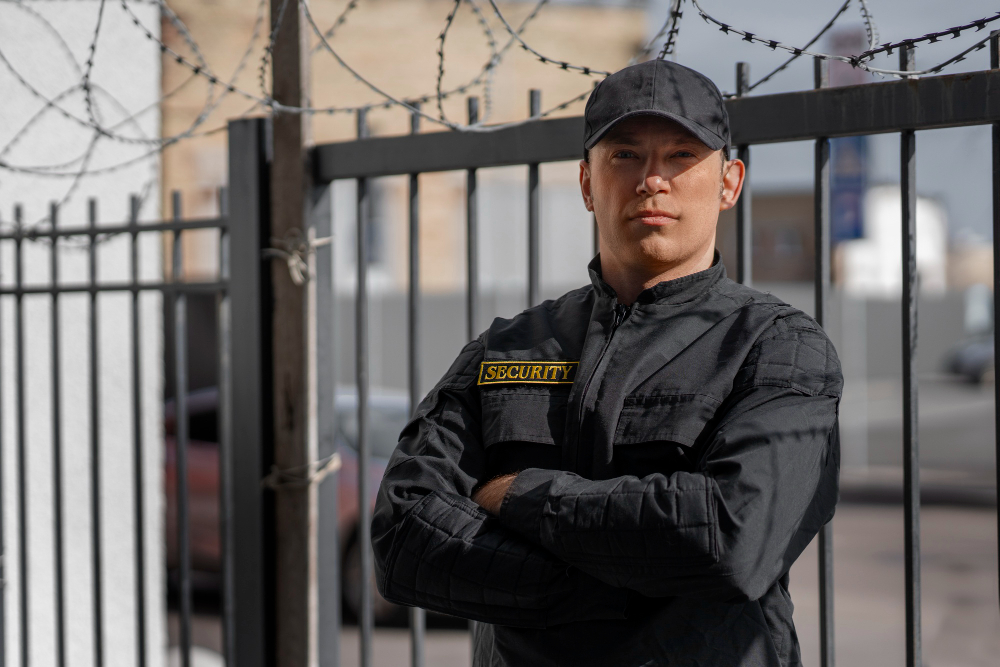
How Long Does It Take to Become a Guard in Ireland?
Let me be honest with you. The path to becoming a Garda takes time. You’re looking at about 32 weeks of training. That’s roughly 8 months of your life.
I know it sounds long. But here’s the thing – this time flies by. The training is hands-on. You learn real skills. Every week builds on the last.
The process starts with your application. This can take 6 to 12 months. Why so long? They check everything. Your background. Your fitness. Your character.
Once you get in, you head to Templemore. That’s where the magic happens. 32 weeks of intense training. You live there. You eat there. You become part of a team.
After training, you’re not done. You get 18 months of probation. This is where you learn the real job. A mentor guides you. You handle real cases.
So total time? About 2 to 3 years from start to finish. It’s a journey. But every day is worth it.
What Are the Educational Requirements to Join An Garda Síochána?
Here’s good news. You don’t need a degree to join the Gardaí. I’ve seen people from all walks of life make it.
The basic requirement? You need your Leaving Cert. That’s it. Simple as that.
But wait – there are two paths you can take. The first is the direct entry route. This is for people with life experience. Maybe you worked in retail. Or construction. Or raised a family. Your experience matters.
The second path is for graduates. If you have a degree, you can apply too. It doesn’t matter what you studied. Art, science, business – all welcome.
What they really want is character. Can you handle stress? Do you care about people? Are you honest? These matter more than grades.
I’ve trained with teachers, shop workers, and farmers. They all brought something special. The Gardaí value diversity.
One tip? If you’re thinking about it, start reading about law. It helps. But it’s not required.
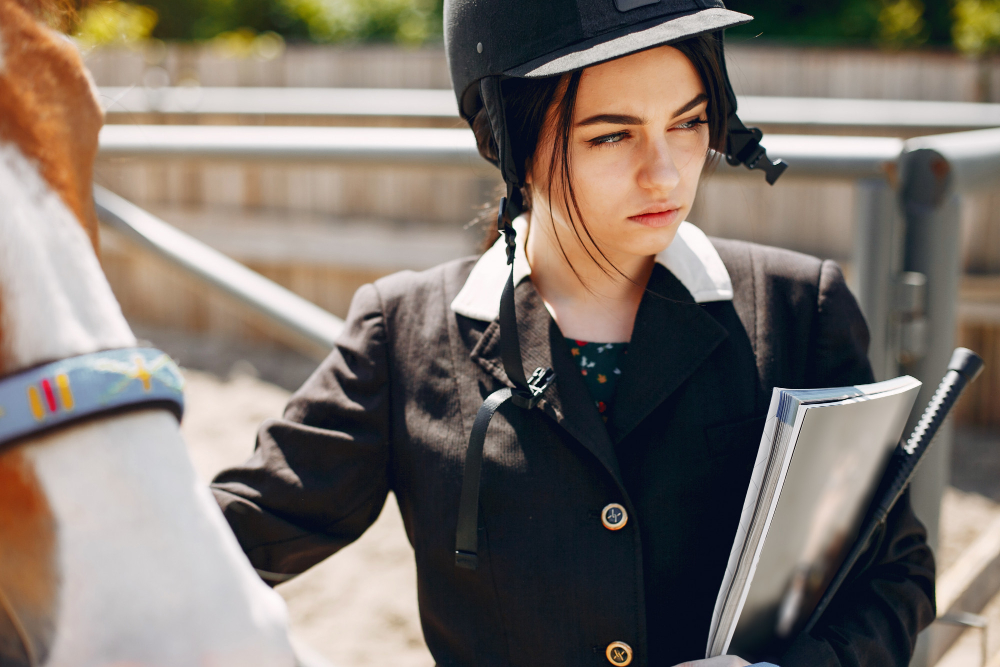
Where Do You Train to Be a Guard in Ireland?
Templemore is where dreams become reality. It’s in County Tipperary. This is Ireland’s police college.
I remember my first day there. The place looks impressive. Old buildings with modern facilities. You feel the history as you walk around.
Your 32 weeks happen here. You live in dorms. Three meals a day in the canteen. It’s like college, but more intense.
The training covers everything. Law classes in the morning. Physical training after lunch. Role-play exercises at night. Every day is different.
You learn about Irish law. How to handle domestic violence. Traffic stops. Court procedures. It’s comprehensive.
The best part? You train with real scenarios. Mock crime scenes. Traffic accidents. Domestic disputes. You practice until it’s second nature.
The instructors are all experienced Gardaí. They’ve seen it all. They share stories. Real cases. What works and what doesn’t.
Weekends are yours. You can go home or explore Tipperary. Most people stay and bond with classmates.
Do You Need to Speak Irish to Be a Guard?
This question comes up a lot. The short answer? No, you don’t need to be fluent.
But here’s what you do need. You must pass an Irish test during training. Don’t panic. It’s basic level. Think simple conversations.
The test covers everyday policing. “What’s your name?” “Where do you live?” “Can I see your license?” Basic stuff.
During training, you get Irish classes. The teachers are patient. They know most people are nervous about this part.
I struggled with Irish in school. But the police Irish is different. It’s practical. You learn phrases you’ll actually use.
In Gaeltacht areas, Irish helps. These are areas where people speak Irish daily. But even there, everyone speaks English too.
Here’s my advice. Don’t let Irish stop you from applying. The classes prepare you well. And you have 32 weeks to learn.
Many of my classmates were worried about this. All of them passed. The standards are fair.
How to Become a Security Guard in Ireland?
Wait – are you asking about private security? That’s different from the Gardaí. Let me clear this up.
For private security, you need a PSA license. PSA stands for Private Security Authority. It’s much quicker than joining the Gardaí.
The process is simple. You do a training course. Usually 5 days. Then you apply for your license.
You need to be 18 or older. Have a clean record. Pass a medical check. That’s about it.
The training covers basic skills. How to handle conflicts. What you can and can’t do legally. Report writing. Customer service.
Different types of security need different training. Door supervisor? You need extra training. CCTV operator? Different course again.
The license costs about €200. It lasts for 3 years. Then you renew it.
But if you meant joining the Gardaí, that’s the national police. Much longer training. Higher standards. Better career prospects.
Both are good careers. It depends what you want. Security work is faster to start. Police work offers more long-term growth.
Conclusion
Dreaming of becoming a Garda or a security guard in Ireland? I get it it’s an exciting career with real impact. But the process isn’t as simple as just applying. You need the right qualifications, training, and a solid plan. I’ve done the research, so you don’t have to. Let’s break it down step by step!
Can a citizen from any country join An Garda Síochána?
No, not everyone can join. To apply, you must be an Irish or EU/EEA citizen. Non-EU/EEA applicants must have legal residency and specific permissions. Check the latest eligibility rules on the official Garda website.
What are the requirements for international applicants?
International applicants must meet residency and work permit criteria. You’ll also need to pass a background check, English proficiency test, and meet physical fitness standards. Learn more about the latest requirements on the Garda recruitment page.
How competitive is the recruitment process?
Very competitive! Thousands apply, but only a fraction get selected. The process includes aptitude tests, fitness assessments, interviews, and background checks. Preparing in advance can improve your chances.
Can I join the Garda Reserve first?
Yes! The Garda Reserve is a great way to gain experience before applying for a full-time role. Reservists assist full-time officers and get hands-on training, which can strengthen your main application.
How often does Garda recruitment happen?
Recruitment isn’t on a fixed schedule. New campaigns are announced based on the force’s needs. It’s best to regularly check the official Garda recruitment site for updates.
What should I wear for the Garda fitness test?
Wear comfortable sportswear and running shoes. The test includes endurance and strength exercises, so choose clothing that allows easy movement.
Is there a written exam for recruitment?
Yes! The written exam tests your problem-solving, logical reasoning, and communication skills. Practice sample papers to boost your confidence before the test.
What are the career growth opportunities in the Garda?
An Garda Síochána offers several career paths, including detective work, traffic policing, cybercrime investigation, and special units. With experience, you can climb the ranks and specialize in different fields.










